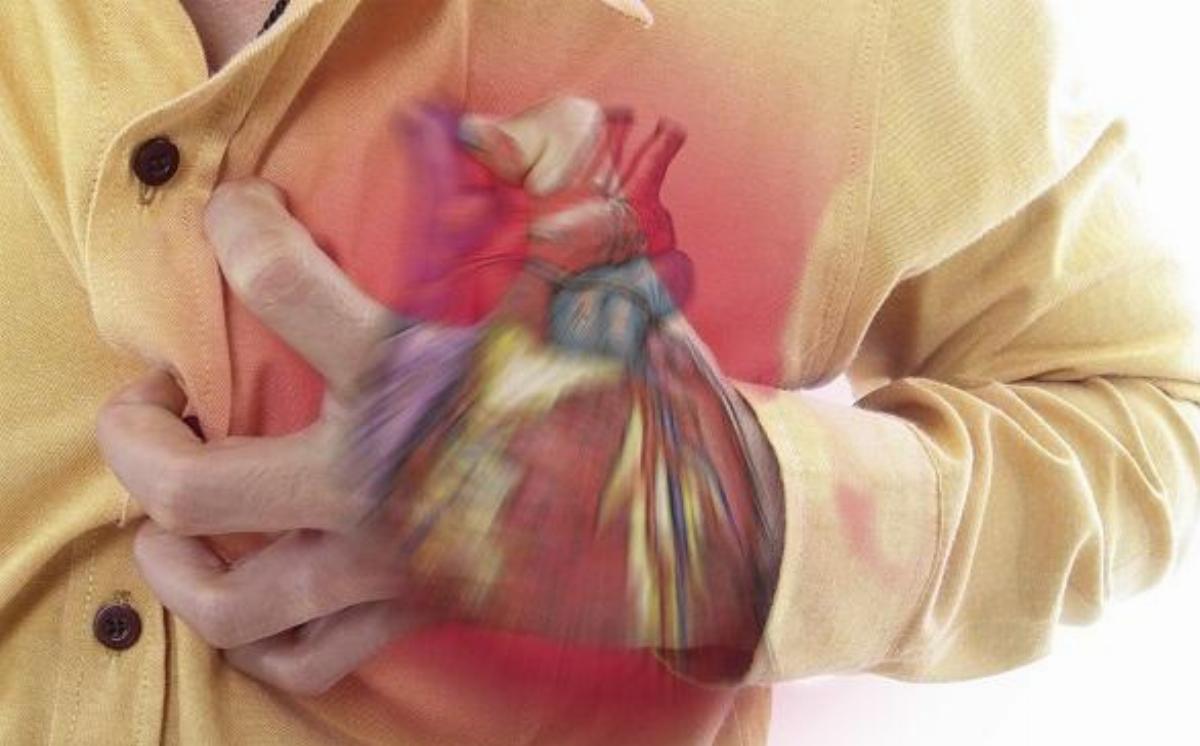Food and Cholesterol
Cholesterol is a dense, fatty substance found in every cell of your body. Produced by your liver, cholesterol is essential to many life-sustaining functions. It helps your body make hormones and vitamin D, and it is also found in compounds, such as bile, that your body creates to help you digest food.

Cholesterol circulates throughout your bloodstream in small bundles called lipoproteins. The interior of these bundles is composed of fat, while proteins form the exterior wall. High cholesterol becomes more common as people age.
Decade by decade, your cholesterol can edge upward. Over time, these can make your arteries narrower and narrower, restricting the flow of blood to important organs such as your heart. Other parts of your body may also be affected, including your limbs.
A diet that is heavy on fruits, vegetables, beans, and nuts is good for the body in ways beyond lowering cholesterol. A heart-healthy eating plan can help you manage your blood cholesterol level and reduce your risk of heart disease and stroke.
What we eat can make a huge difference to our cholesterol and triglyceride levels and our heart health.
Foods to limit that contain cholesterol and are high in saturated fat: Full fat dairy foods such as milk, cheese, yogurt and cream, butter, ghee, spreads from animal fats, fried foods.